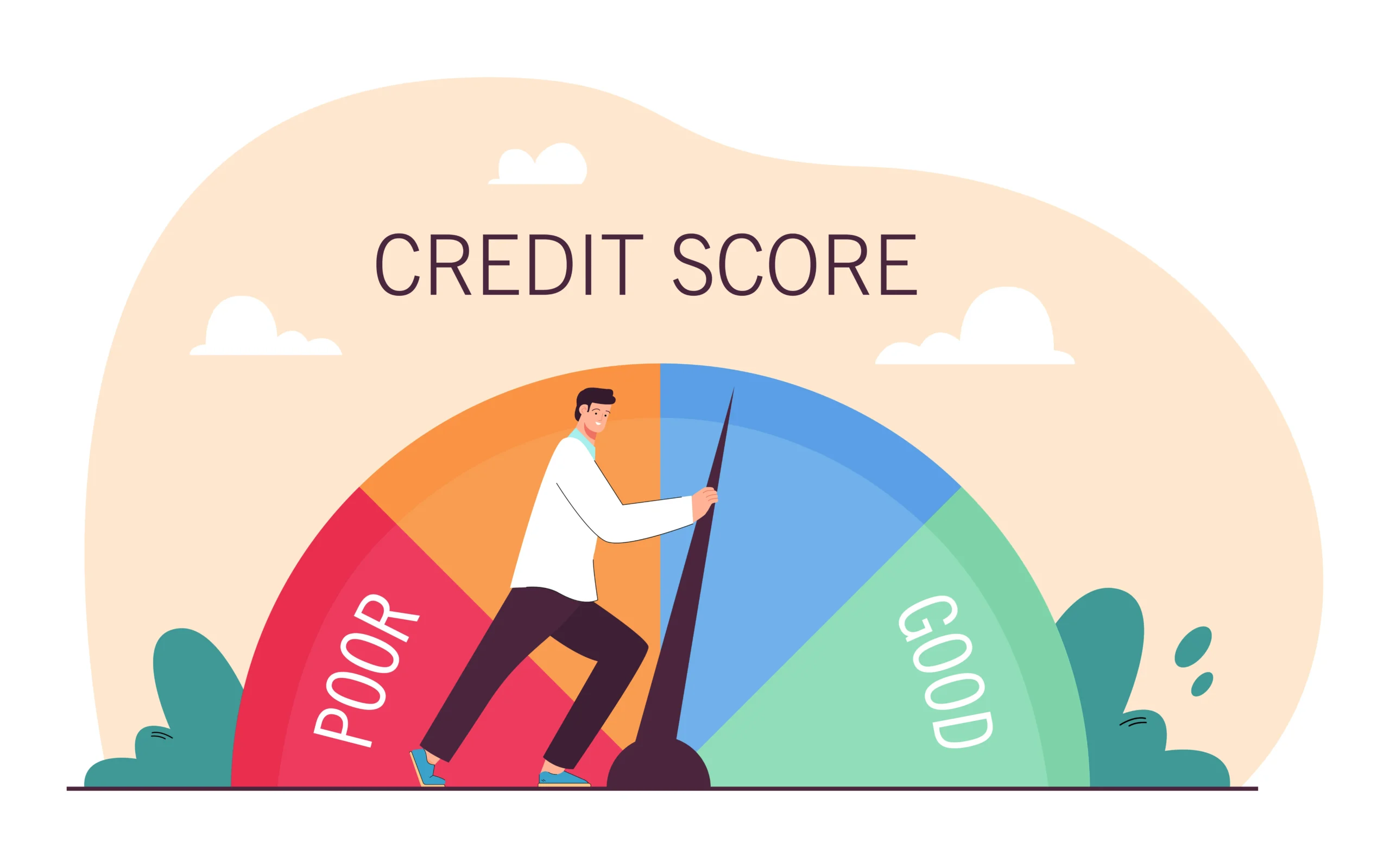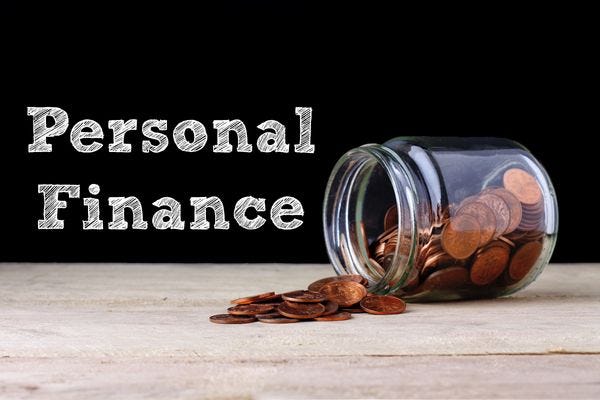Improving your credit score can seem like a slow and tedious process, but with the right strategy, you can see noticeable improvements in just a few weeks or months. Whether you’re looking to get a mortgage, apply for a car loan, or just improve your financial health, understanding how to boost your credit score quickly is essential.
Key Takeaway
The fastest way to improve your credit score is to pay down credit card balances, avoid new debt, become an authorized user on a responsible person’s account, and correct any errors on your credit report. These actions can generate positive results within 30–60 days depending on how often your creditors report to credit bureaus.
Why Is Your Credit Score Important?
Your credit score is a three-digit number that lenders use to determine your creditworthiness. It can affect:
- Loan approvals
- Interest rates
- Credit limits
- Rental applications
- Employment opportunities (in some states)
FICO scores, which range from 300 to 850, are the most commonly used credit scores. The higher your score, the more financially trustworthy you appear to lenders.
How Are Credit Scores Calculated?
Understanding how your score is calculated can help you focus on the areas that need the most attention.
Breakdown of FICO Score Factors:
- Payment History (35%) – Are you paying your bills on time?
- Credit Utilization (30%) – How much of your available credit are you using?
- Credit History Length (15%) – How long have your accounts been open?
- Credit Mix (10%) – Do you have a variety of credit types?
- New Credit (10%) – How often do you apply for new credit?
What Are the Quickest Ways to Raise Your Credit Score?
1. Pay Down Credit Card Balances
Your credit utilization ratio (amount used vs. available credit) is crucial. Ideally, keep this ratio under 30%, and if possible, under 10% for the best scores.
- Example: If your credit limit is $10,000, try to keep your balance below $1,000.
2. Request Higher Credit Limits

Increasing your credit limit without increasing your spending lowers your utilization ratio.
- Tip: Contact your card issuer and request a limit increase based on improved income or positive payment history.
3. Become an Authorized User
Ask a family member or trusted friend with good credit to add you as an authorized user on their credit card.
- Note: You don’t need to use the card; their positive history will reflect on your report.
4. Dispute Credit Report Errors
Check your credit reports from Experian, TransUnion, and Equifax. Look for:
- Incorrect accounts
- Duplicate entries
- Fraudulent activity
Use each bureau’s online dispute process to correct any issues.
5. Set Up Automatic Payments
Late payments drastically hurt your score. Automate payments to ensure timely bill payments.
- Pro Tip: Even paying the minimum on time helps more than paying late.
6. Use Experian Boost
Experian Boost lets you add utility and streaming service payments to your credit report, potentially increasing your score quickly.
7. Avoid Hard Inquiries
Each credit application creates a hard inquiry. Too many can lower your score.
- Alternative: Use pre-qualification tools that only use soft inquiries.
Can You Improve Your Credit Score in 30 Days?
Yes, especially if:
- You pay down significant debt.
- You remove a credit report error.
- You become an authorized user on a well-managed account.
Changes like these can be reflected in the next reporting cycle (usually within 30–60 days).
What Should You Avoid While Trying to Improve Your Credit Score?
1. Closing Old Accounts
Old accounts contribute to your average credit age. Keep them open even if unused.
2. Maxing Out Credit Cards
High utilization damages your score quickly.
3. Applying for Multiple New Accounts
Too many hard inquiries and new accounts can make you look financially unstable.
How Long Does It Typically Take to Rebuild a Bad Credit Score?

While quick fixes can help, full recovery depends on how bad your credit is:
- Minor issues: 1–3 months
- Delinquencies: 6–12 months
- Collections/Charge-offs: 12–24 months
- Bankruptcy: 7–10 years, although improvement starts sooner
What Are Some Tools to Help Monitor and Improve Credit?
Credit Monitoring Services
- Credit Karma
- Credit Sesame
- MyFICO
These tools can alert you to changes, track progress, and give insights.
Budgeting Apps
Managing your money well supports timely payments and controlled debt usage.
- Mint
- YNAB (You Need a Budget)
- PocketGuard
Should You Consider a Credit Builder Loan?
Yes, especially if you’re new to credit or recovering from bad history.
- The lender holds your funds in a savings account while you make payments.
- After full repayment, you get the funds and a positive payment history.
How to Build Credit from Scratch: A Step-by-Step Guide
Description:
This guide is ideal for young adults, immigrants, or anyone starting fresh. It walks through how to establish credit history using secured cards, credit-builder loans, rent reporting services, and becoming an authorized user. Includes timelines and tips for responsibly building credit over time.
Credit Utilization Explained: Why It Matters More Than You Think
Description:
Many people overlook credit utilization, yet it accounts for 30% of your credit score. This article explores what it is, how to calculate it, and actionable strategies to keep it low—even with limited credit limits. Includes case studies and scenarios to show its impact.
Secured vs. Unsecured Credit Cards: Which Is Right for You?
Description:
Compare the pros, cons, and best use cases for secured and unsecured credit cards. Ideal for readers who are trying to rebuild credit or are unsure about how credit card types affect their score. The article will highlight top cards in each category and approval tips.
How to Remove Collections from Your Credit Report Legally
Description:
This topic details step-by-step how to remove collection accounts using pay-for-delete letters, debt validation, and credit bureau disputes. It also explains the difference between paid and unpaid collections and their scoring impact.
Top 10 Credit Myths That Are Hurting Your Score
Description:
Debunk common misconceptions like “checking your score lowers it” or “closing old cards helps.” This engaging article educates readers on the truth behind each myth, supported by expert advice and FICO guidelines.
How Long Does It Take to Recover from Bad Credit?
Description:
Break down timelines for recovering from various credit issues: missed payments, maxed-out cards, charge-offs, and bankruptcies. Offers realistic expectations and strategies to speed up the process using smart credit habits.
DIY Credit Repair: Everything You Need to Know to Fix Your Credit

Description:
Perfect for those who want to avoid paying for credit repair services. Includes letter templates, dispute instructions, credit bureau contact info, and step-by-step instructions. Empowers readers to take control of their financial future.
What Credit Score Do You Need to Buy a House in 2025?
Description:
Provides current information on mortgage lending requirements, including FHA, VA, and conventional loans. Explains how credit scores influence interest rates, approval odds, and down payment requirements.
The Ultimate Guide to Understanding Your Credit Report
Description:
Educate readers on how to read and understand each section of a credit report. Include annotated screenshots or sample reports, explain hard vs. soft inquiries, and how to identify errors or suspicious activity.
How to Rebuild Credit After Bankruptcy
Description:
Addresses the stigma and challenges of bankruptcy. Offers practical steps like secured credit cards, budgeting, credit-builder loans, and responsible borrowing. Includes inspirational real-life case studies of recovery.
How Student Loans Affect Your Credit Score
Description:
A timely and valuable topic, especially for young adults and graduates. It explains how deferment, forbearance, late payments, and refinancing impact credit, along with tips to manage student debt responsibly.
Credit vs. Debit: Why Credit Cards Are Safer for Smart Shoppers
Description:
This piece goes beyond the surface to explain the financial protections credit cards offer (fraud protection, chargebacks, building credit) compared to debit cards. Great for readers trying to make better financial decisions.
Can You Buy a Car with Bad Credit? Tips to Get Approved
Description:
Explains how subprime auto loans work, how to improve approval chances, and what interest rates to expect. Offers negotiation tactics, co-signer options, and red flags to watch for when financing a vehicle with poor credit.
How Credit Scores Affect Your Insurance Rates
Description:
Many people don’t realize their credit score affects how much they pay for auto and home Insurance. This article explains how insurers use credit-based insurance scores, what states prohibit it, and how to improve rates.
The Credit Score Checklist: Monthly Habits for Long-Term Success
Description:
Offer a printable or downloadable checklist with monthly, quarterly, and yearly habits that help maintain and improve credit. Great for reader engagement and long-term content value.
Also Read : What Will the Stock Market Look Like in 2025?
Conclusion
The fastest route to a better credit score is a strategic one. There’s no magic trick, but by focusing on lowering utilization, ensuring timely payments, fixing errors, and leveraging existing credit wisely, you can start seeing changes in a matter of weeks.
Don’t wait until you need credit—start improving your score today so you’re prepared when the time comes. Remember, improving your credit is not just about numbers. It’s about financial empowerment, access to better opportunities, and long-term peace of mind.
FAQs
1. How often is my credit score updated?
Most lenders report to the credit bureaus every 30–45 days. Your score can change each time a creditor reports.
2. Can paying off all my credit cards increase my score?
Yes. Reducing your balances lowers your credit utilization ratio, which can quickly boost your score.
3. Does checking my credit score hurt it?
No. When you check your score, it’s considered a soft inquiry and has no impact.
4. How long do late payments stay on my report?
Late payments can stay on your report for up to seven years, though their impact lessens over time.
5. Can I remove a late payment from my credit report?
Sometimes. If it was a one-time issue, you can try a “goodwill letter” to your creditor requesting its removal.
6. Is credit repair legit?
Some services are legitimate, but many are scams. Most actions they take, you can do yourself for free.



